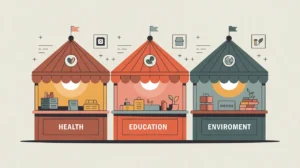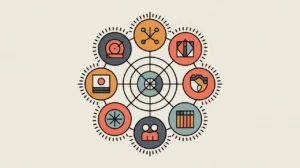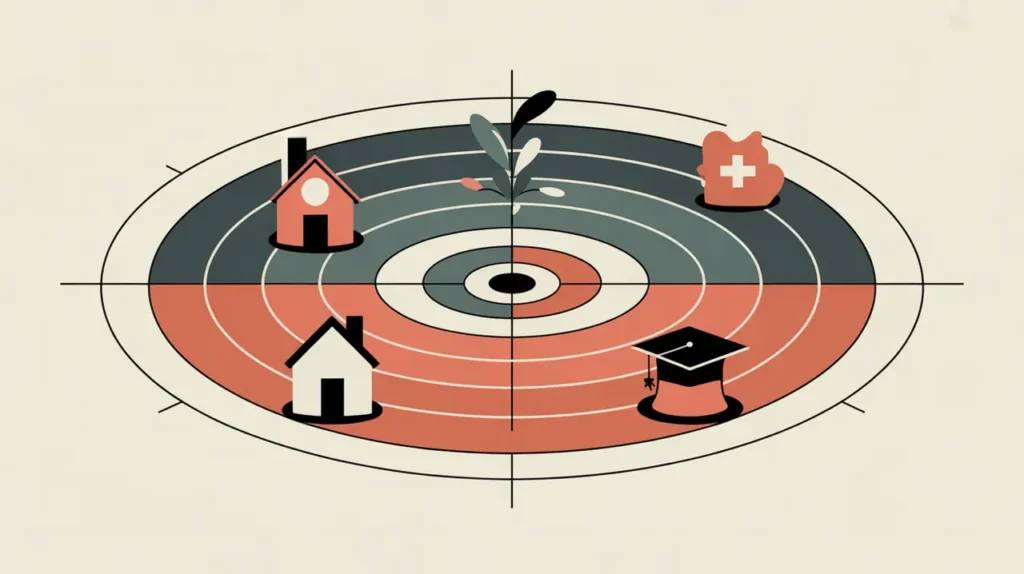Importance of Social Systems
Social systems provide the structures and relationships through which societies organize themselves. They shape how resources, power, and opportunities are distributed, and determine how individuals and groups interact. In international development and social innovation, understanding social systems is essential for identifying root causes of inequality, designing effective interventions, and fostering long-term change. Strong or weak social systems directly influence whether innovations succeed, scale, or sustain impact.
Definition and Features
Social systems refer to the organized patterns of relationships, institutions, norms, and functions that guide social life. Their defining features include:
- Interconnectedness – components of education, health, economy, governance, and culture are interdependent.
- Structure and Rules – formal institutions and informal norms shape behavior and outcomes.
- Adaptability – systems evolve over time in response to pressures and innovations.
- Power Dynamics – systems embody hierarchies and influence who benefits or is excluded.
- Scale – they operate at multiple levels, from families and communities to national and global systems.
How this Works in Practice
In practice, social systems include education systems, healthcare systems, justice systems, and welfare systems. For example, an education system encompasses schools, teachers, policies, funding flows, and cultural expectations around learning. When one part of the system changes (such as curriculum reform or digital learning adoption) it affects other parts, like teacher training and resource allocation. Nonprofits and governments must often work within or across these systems to achieve sustained change, navigating complexity and interdependence.
Implications for Social Innovation
For social innovation, social systems frame the broader context in which solutions operate. Innovators must design with an awareness of how systems reinforce or resist change, and seek leverage points that unlock transformation. Approaches like systems mapping, field building, and collective impact rely on understanding system dynamics. By aligning innovations with systemic drivers (such as policies, norms, and resource flows) social innovators can create deeper, more durable impact.







